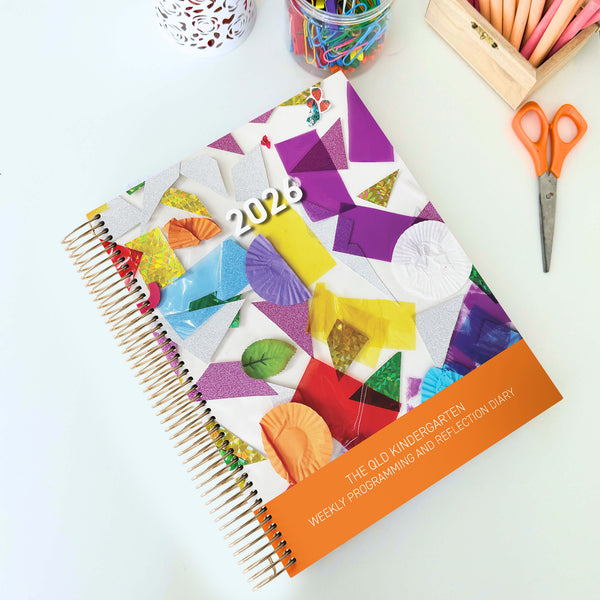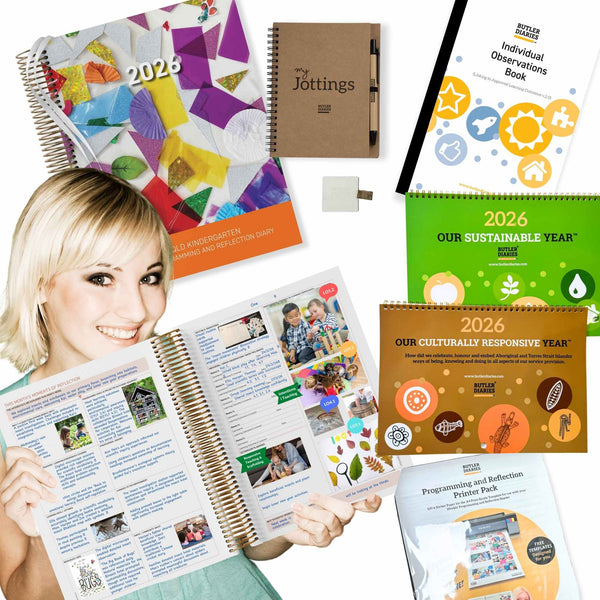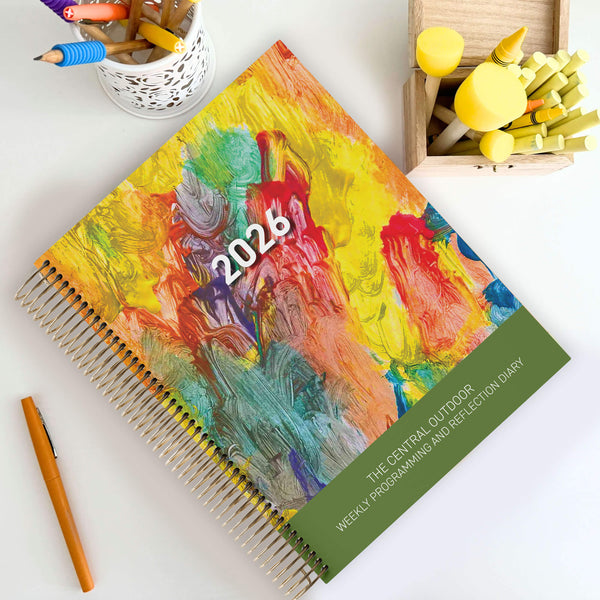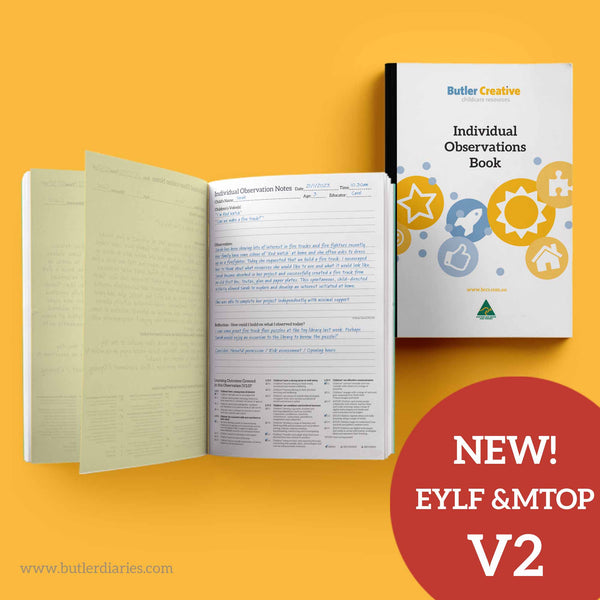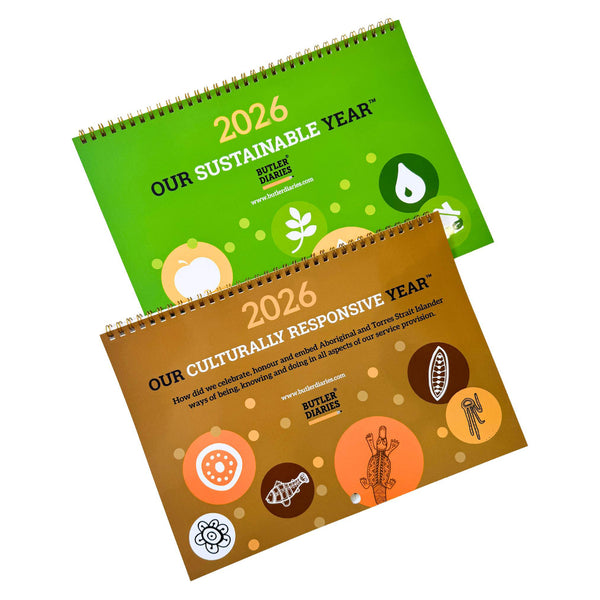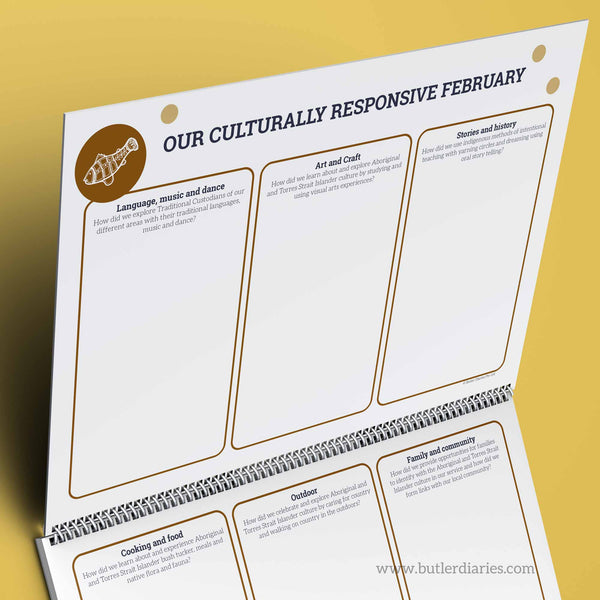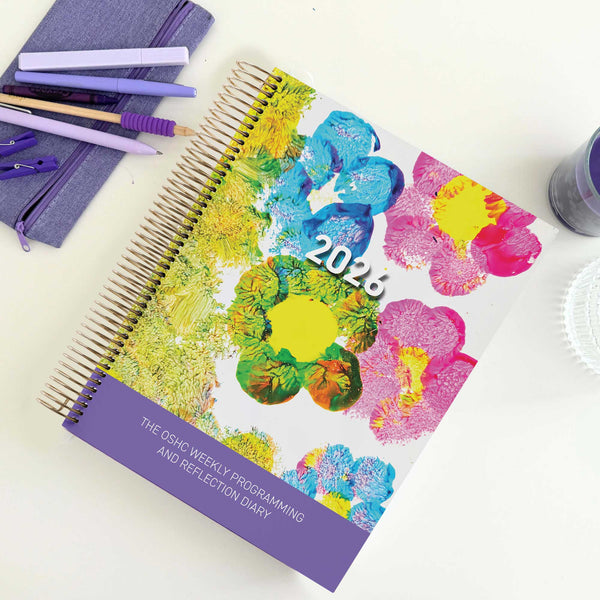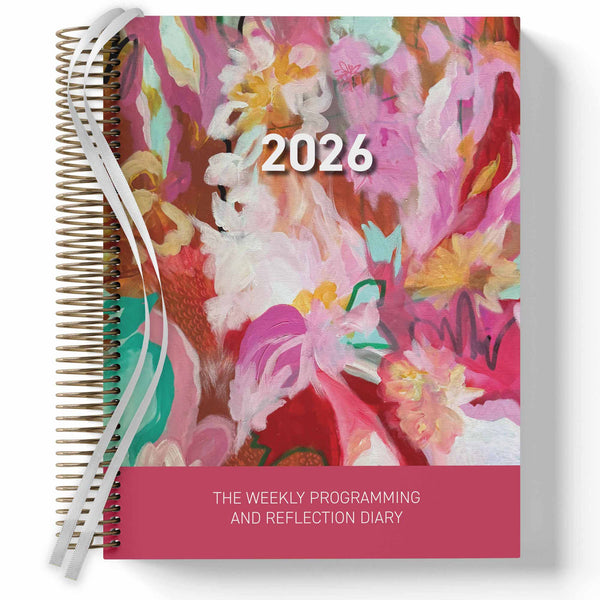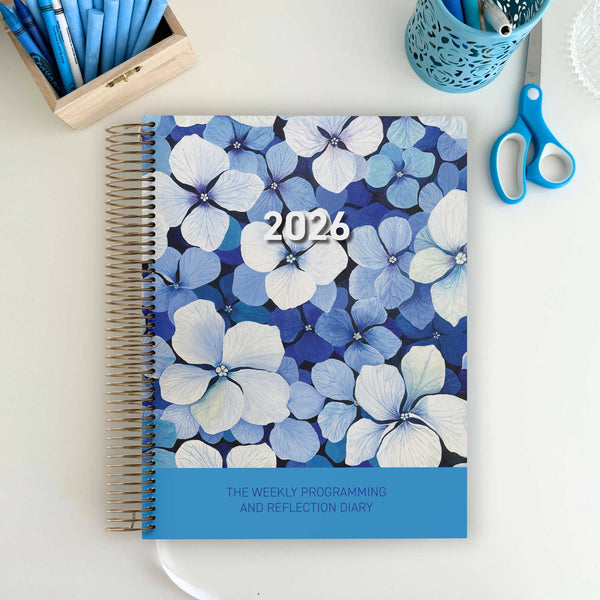In 2024, the Queensland Kindergarten Learning Guidelines (QKLG) were updated to strengthen the alignment between the Early Years Learning Framework (EYLF) V2 and QKLG. QKLG 2024 is due to be implemented from 2025 and impacts approved Kindergartens operating in Queensland under the QKLG.
Here we check out what's new in the QKLG 2024 to support you in your transition. The support in this article is a perfect tool to be utilised in staff meetings and reflective discussions in the lead up to 2025.
In this Article
- Summary of the Changes to QKLG 2024
- Alignment of Learning Between EYLF V2 and QKLG 2024
- What do the QKLG Changes Mean for you?
- Educational Leaders and Nominated Supervisors
- Early Childhood Teachers and Educators
- General Tips for Recording Evidence of your Transition
- Unpacking the New QKLG 2024
- Overview of Content Changes
- Purpose and Perspectives
- Principles
- Practice
- Continua of Learning and Development
- Learning Outcomes
- Supporting Children's Transition to School
- Compliance Support and QKLG Cheatsheets
- Frequently Asked Questions
Summary of Changes to the Queensland Kindergarten Learning Guidelines (QKLG)
The changes have been applied to Queensland's Approved Learning Framework for Kindergartens:
- The Queensland Kindergarten Learning Guidelines (QKLG)
The QKLG is the Approved Learning Framework for Queensland Kindergartens and is designed to support Early Childhood Kindergarten Teachers and Educators in their professional practice. It is aligned with the Early Years Learning Framework (EYLF) and has been updated in 2024 to better reflect the Early Years Learning Framework update (EYLF V2.0).
The changes include updates to the principles, practices, and learning outcomes.

With the goal of creating quality and child-centred Kindergarten programs, the QKLG encourages partnerships with families, communities, children and other professionals. The QKLG offers specific advice for Early Childhood Kindergarten teachers and educators to:
- make informed decisions to promote holistic learning, development and wellbeing
- respectful relationships with children, families, communities and professional partners
- promote agency through play and purposeful interactions
- assess learning and development to inform effective teaching, learning and assessment
- support continuity of learning, and positive transitions, including transition to school
Alignment of Learning Between EYLF V2 and QKLG 2024
| EYLF V2.0 | QKLG 2024 |
|
Children have a strong sense of identity
|
Identity
|
|
Children are connected with and contribute to their world
|
Connectedness
|
|
Children have a strong sense of wellbeing
|
Wellbeing
|
|
Children are confident and involved learners
|
Active Learning
|
|
Children are effective communicators
|
Communicating
|
What do the QKLG Changes Mean for you?
The change impacts Leaders and Educators working in Approved Kindergartens in Queensland.
What does the QKLG Update Mean for Educational Leaders and Nominated Supervisors
Leaders will be required to support educators in understanding the new Framework, how it impacts them and their practice. Reflective discussions and individual critical reflection should be encouraged to explore the changes and how they differ from current practice. These reflections should also be considered for the Quality Improvement Plan (QIP) and for goals for Educators moving into 2025.
As per NQS 7.2.2 Educational leadership, the educational leader is supported and leads the development and implementation of the educational program and assessment and planning cycle.
This means it is the job of the Educational Leader to support Educators in their transition and it is the role of Nominated Supervisors to support the Educational Leader in their role.
How can you show evidence of your transition?
Educational Leaders can use the Educational Leader Diary to keep a record of reflective conversations, educator goals and communication with families. Nominated Supervisors can record notes for the QIP, record meetings, training and family communication, and record the reflective discussions they have with their Educational Leader in their Nominated Supervisor Diary.
Capturing evidence of your transition and the critical reflection and collaboratively goal-setting that occurred will support you in Assessment and Rating.

What does the QKLG Update Mean for Educators and Early Childhood Teachers
Educators and Early Childhood Kindergarten Teachers will have to show evidence of their transition to new Frameworks and critically reflect on their current practice to identify the changes that have to occur to align with QKLG 2024. You may find you do not have to implement very large changes or you may find holes in your program or practice that requires goal-setting.
How can you show evidence of your transition?
The QLD Weekly Programming and Reflection Diary includes a Reflection Spread which is perfect for showing your critical reflection in regards to the new Frameworks. Reflect on your new Framework goals in Professional Inquiry and keep track of the training and mentoring received in your Professional Development Summary. As you begin discussing the upcoming changes with families, record your collaboration in Family Input.
To use the QKLG 2024 Framework this year or in 2025, you can download our free QKLG 2024 Learning Outcome update for your Diaries. To avoid using glue, purchase our Printer Pack for its Sticker Paper so you can replace your learning outcomes with the ease of sticking down a sticker!
Use 'QKLG50' for 50% off Printer Pack when you've purchased the 2025 QLD Weekly Programming and Reflection Diary.

General Tips for Recording Evidence of your Transition to QKLG 2024
Take advantage of the support offered by Butler Diaries on the QKLG 2024 Framework:
- Download our free QKLG 2024 Learning Outcome update for your Diaries,
- Download our transition cheatsheets at the end of this article, and
- Join our Butler Diaries ECEC Support Group for ongoing support.
Unpacking the New QKLG 2024
Overview of Content Changes
QKLG 2024 has been reviewed to align with EYLF V2.0 and includes updates to:
- Purpose,
- Perspectives,
- Principles,
- Practice, and
- Learning Outcomes
Purpose and Perspectives
The purpose has been updated to include the EYLF V2 vision statement and help clarify the relationship with QKLG 2024 and EYLF V2.
Perspectives have been removed as a separate section and are now included as a practice labelled, 'adopting holistic approaches'.
Principles
Principles have expanded from five to eight with one renamed principle and three new principles.
- Respectful relationships - Refinements include strengthening Early Childhood Teachers and Educators' responsiveness to routines and rituals.
- Collaborative partnerships - Refined to strengthen child-centred decision making as part of partnerships and to value diversity brought by partners in their contribution to programs and learning outcomes.
- High expectations, equity and respect for diversity - Refined to strengthen recognition of diverse learners and all children's participation and engagement in learning.
- Effective pedagogies - Refined to include relational and place-based pedagogies.
- Critical reflection (Renamed from reflective practice and professional decision-making) - Refined to clarify critical reflection and evaluation.
- Aboriginal and Torres Strait Islander perspectives (New) - New principle to align with EYLF V2.0.
- Sustainability (New) - New principle to align with EYLF V2.0.
- Collaborative leadership and teamwork (New) - New principle to align with EYLF V2.0.
Practice
Practice has been expanded from five to seven with five renamed practices and one new practice.
- Adopting holistic approaches (Merged and renamed) - Merged from Perspectives and refined to recognise learning as interconnected with principles, practices, learning and development areas.
- Interacting with and responding to children - Refined to strengthen respectful and responsive interactions.
- Engaging in responsive planning and decision-making (Renamed) - Decision-making renamed and refined to clarify responsive planning and decision-making and to strengthen teacher-initiated planning and responding to child-initiated opportunities.
- Creating inclusive learning environments (New) - New practice to align with EYLF V2.0.
- Facilitating play-based learning (Renamed) - Developing learning contexts renamed and refined to strengthen guidance on play-based learning to include contexts and processes.
- Using intentional teaching strategies (Renamed) - Intentional Teaching Practices renamed and refined to clarify intentional teaching and includes two new strategies: differentiating and pausing.
- Assessing children’s learning (Renamed) - Assessment renamed and refined to strengthen guidance on assessing learning.
Continua of Learning and Development
The continua of learning and development now includes an explanation of the phases of the continua, figure 1 has been refined, figure 2 includes examples of making 'more like' judgements, and the content 'Using the continua to explain how to use the continua to document evidence and make judgments' has been redefined.

Learning Outcomes
Structure
The structure of the QKLG has seen a redo with the key changes being the merge of knowledge, skills and dispositions with key focuses and significant learnings.
Other changes include:
- Identify critical reflection considerations for each area,
- Identify and position key focuses aligned with significant learnings, and
- Refine intentional teaching strategies that promote learning.
Learning and Development Areas
The learning and development areas have remained umbrellaed under:
- Identity,
- Connectedness,
- Wellbeing,
- Active Learning, and
- Communicating
Examples have been refined of observable learnings in each area and illustrates a context for learning and how it can be observed across continua phases.
The significant learnings under each learning and development area has seen significant changes and a side-by-side comparison can be downloaded at the end of this article.
Supporting Children's Transition to School
Renamed 'supporting transitions and continuity of learning' and has been refined to include a range of transitions a Kindergarten child may experience, updated links and information relating to consent and refined language within section and transition statements.
Compliance Support and QKLG Cheatsheets
- Download our free QKLG 2024 Learning Outcome update for your Diaries,
- Order the Printer Pack for 50% off using the code 'QKLG50' when you've purchased a 2025 QLD Weekly Programming and Reflection Diary,
- Download our Side-by-Side 2018 and 2024 QKLG Learning Outcome Comparison and QKLG Educator Summary Poster here, and
- Join our Butler Diaries ECEC Support Group for ongoing support.
Frequently Asked Questions
1) Can I use the 2025 QLD Weekly Programming and Reflection Diary?
Yes! You can use our free download, QKLG 2024 Learning Outcome update, and our Sticker Paper in our Printer Pack to update your Learning Outcomes in minutes. Use 'QKLG50' for 50% off Printer Pack when you've purchased the 2025 QLD Weekly Programming and Reflection Diary.









